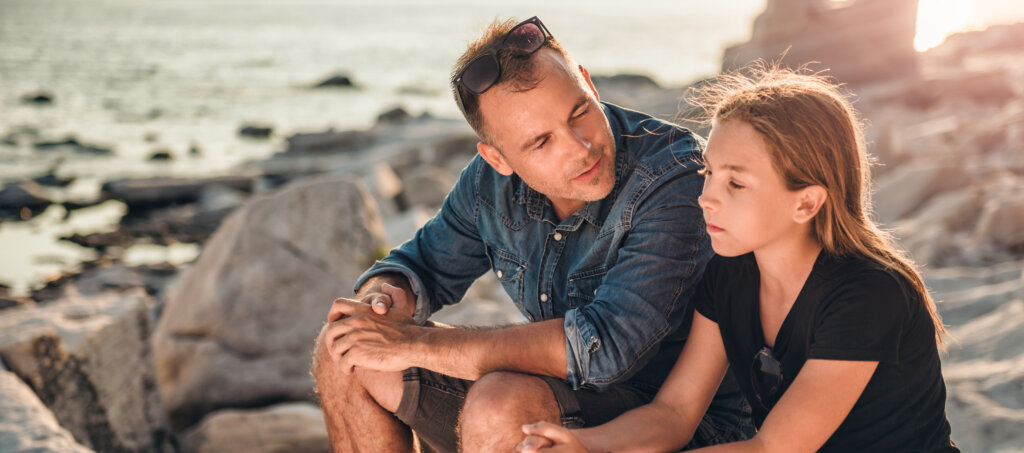Most people who suffer from psoriasis or severe eczema also suffer the stigma that surrounds these non-contagious diseases. A survey in America at the Perelman School of Medicine in Pennsylvania was undertaken and over half of those surveyed said they would not date someone who had psoriasis!! 43% of adult psoriasis sufferers said they feel awkward about being touched or seen by their partner when the symptoms are apparent, and a similar number of patients feel the same about being seen in public during a flare up. This has led to psoriasis patients having the highest depression scores compared with other dermatology groups such as acne, alopecia, dermatitis, etc.
The physical and emotional impacts that come hand in hand with psoriasis and the feelings of self-consciousness can be huge barriers to socialising and dating. People generally don’t understand about how psoriasis affects you. They don’t realise how difficult many activities and social situations are or how they can make you feel very pressured and isolated. Simple things like going to the beach where your skin might be over exposed to the sun or staying overnight with a friend or a new relationship because you’re worried about flaking skin. Or even more intimate situations if you’re embarrassed because your psoriasis is in a visible or sexually sensitive area.
These fears and worries are not always obvious to other people. But it is so important to make it clear that some things are just difficult for you. Opening up about your disease to friends and family gives them a chance to understand and maybe realise how having psoriasis can affect your emotional health. Explain to them about how your psoriasis affects your life every day. Tell them your limits and give specific examples of how your psoriasis impacts you even in the little things like household chores or going for a walk when your feet are sore, or not wanting to be photographed for Instagram when your face is showing symptoms. Don’t sugar-coat it.
When your family, friends and partners don’t know or understand the full extent of the difficulties you face, it can lead to stress, upsets and even arguments. These, in turn, can trigger a flare up and you can find yourself living in a cycle of self-consciousness and isolation when it would be so much better to take a deep breath and have ‘that conversation that you don’t know how to bring up’. All psoriasis sufferers have been there – deciding to only tell people who have a similar body image vulnerability or believing that no one will understand because it’s so hard to get the information across. However, studies have proven over and over that it can be a huge relief to talk about it. Many people discovered that what they were saying wasn’t actually a surprise to their friends and family. That they had already been trying to understand but weren’t sure if it was a subject they could approach with any real honesty. Once it is an open topic in the household or among friends, you will find it so much easier to ask for and receive the support you need.
If you own it, explain it, describe it and educate people about it without apology or embarrassment, then you can start to change people’s perceptions about this disease.
Bullying

Research around the world has revealed that people, and particularly children, with psoriasis face an extraordinary burden from bullying. The daily toll from suffering the symptoms of psoriasis, can lead to many children developing an introspective and depressed nature which, in turn, prevents them from responding easily to bullying. School days can be littered with hurtful instances such as not being invited to a party, not being chosen for sports or simply having other children afraid to touch them because they believe the psoriasis is ‘contagious.
As we now know, the development of self-esteem and confidence is very dependent on the interactions our children have with their peers. This development can be particularly impaired for children with psoriasis.
Dr Kelly Cordoro MD, from the departments of Dermatology and Paediatrics at the University of California, San Francisco. believes that these at-risk children should be identified early, and that teachers, counsellors, coaches, and parents should work together towards productive interventions like educational programmes. She believes education is key and that the more people understand about psoriatic children, the less likely that child is to be excluded and bullied. “Kids with psoriasis may lack the confidence to defend themselves but arming them with one-liners and basic educational points about their condition empowers them to address it directly.”
For more information about helping your child to deal with bullying Click Here


